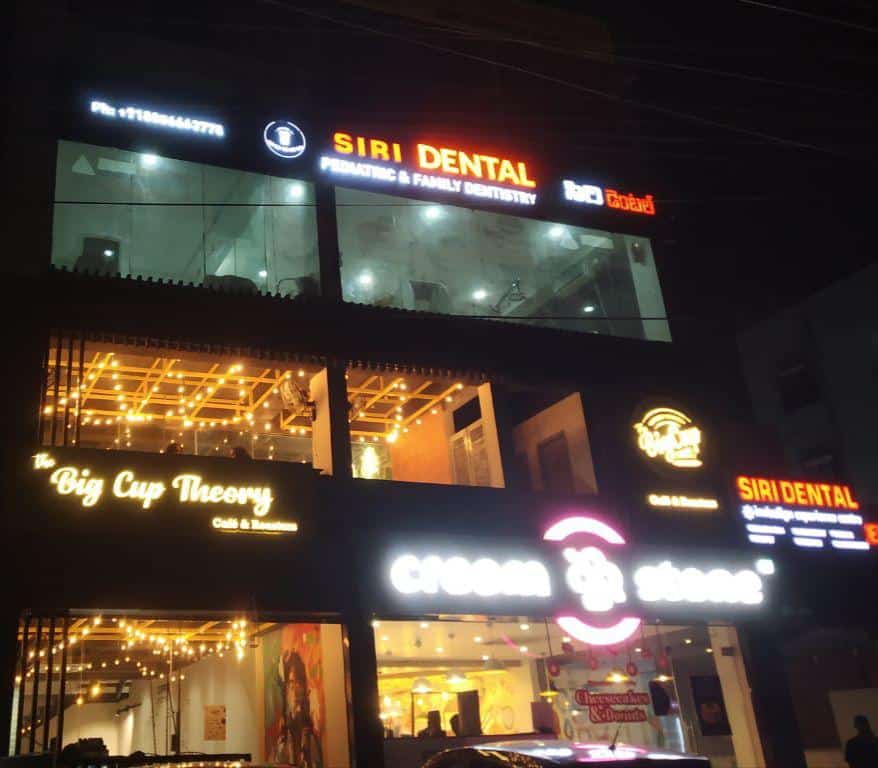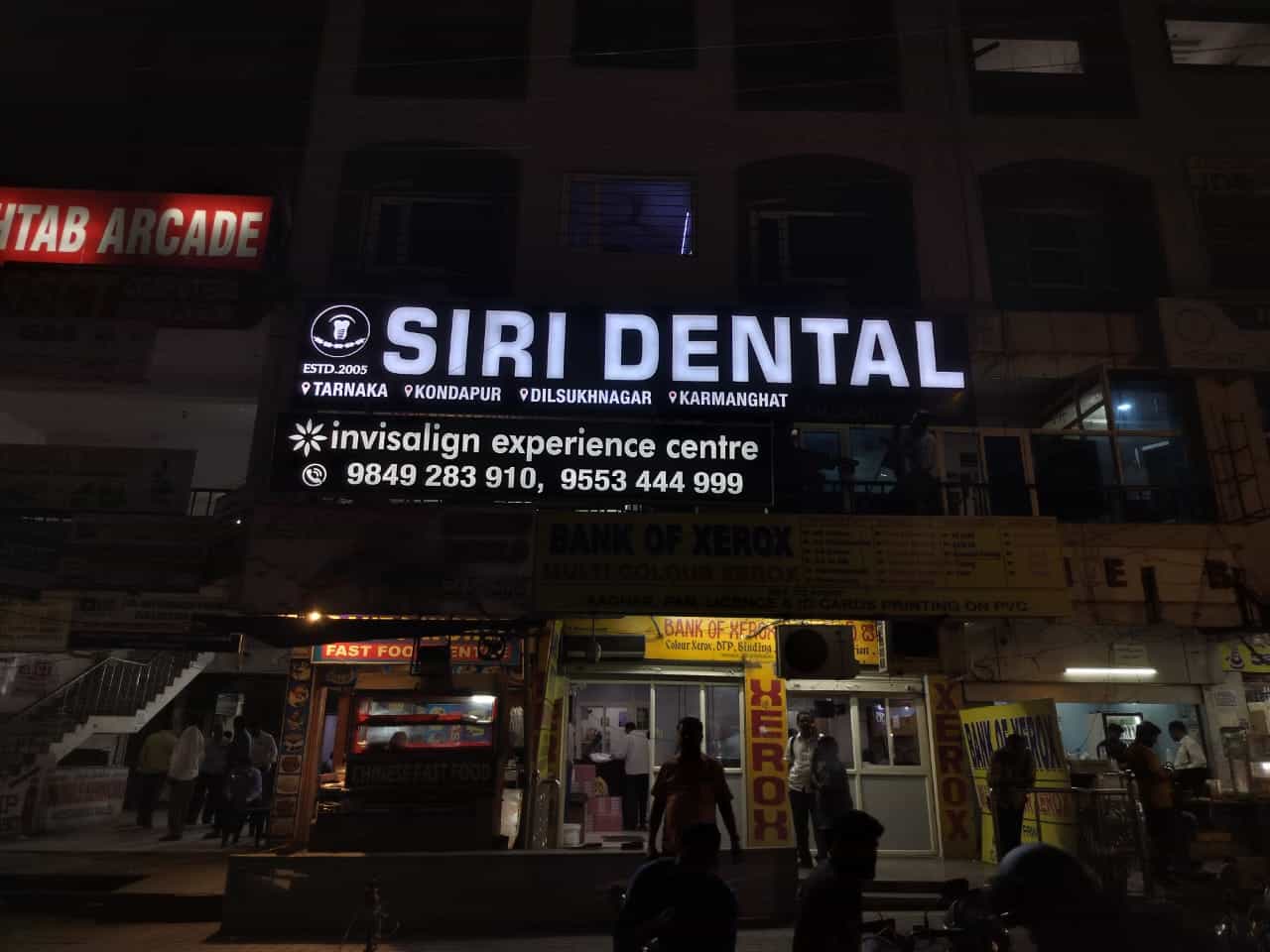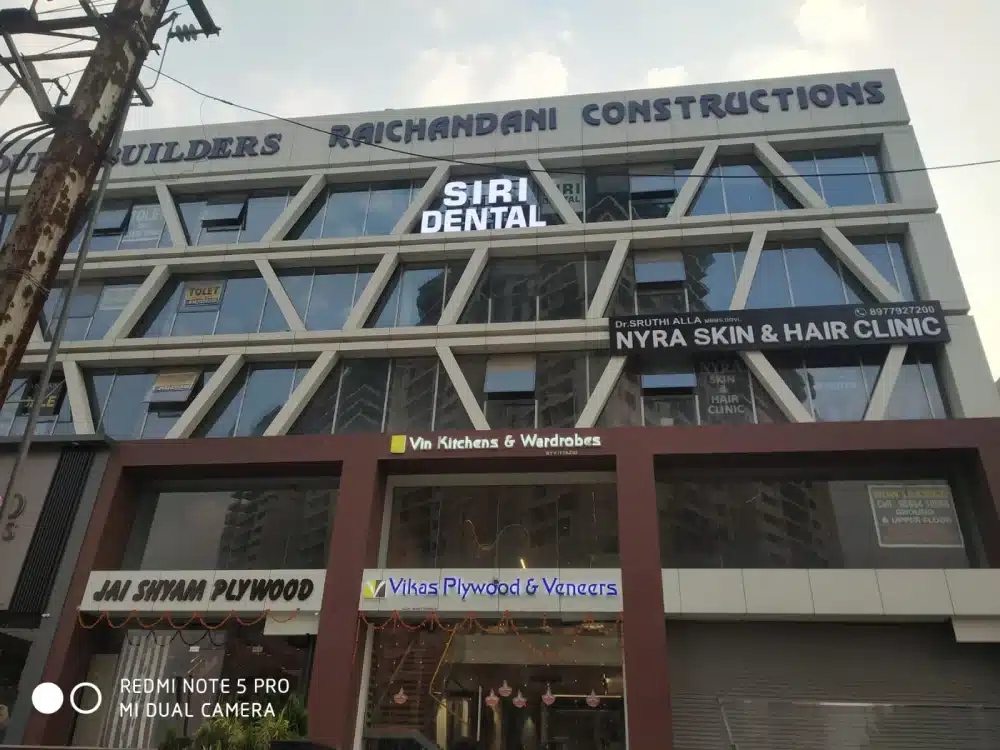What Does it Mean if Tooth is Sensitive to Cold, Hot, and Sweet
Tooth sensitivity can be a bothersome and uncomfortable condition, causing pain or discomfort when consuming hot, cold, or sweet foods and beverages. In this comprehensive guide, we’ll explore the various causes of tooth sensitivity and discuss effective treatment options to alleviate symptoms and improve oral health.
Causes of Tooth Sensitivity
Enamel Erosion
Enamel erosion occurs when the protective outer layer of the tooth, known as enamel, wears away due to factors such as acidic foods, beverages, or aggressive brushing. This exposes the underlying dentin, leading to increased sensitivity to hot, cold, and sweet stimuli.
Gum Recession
Gum recession refers to the gradual loss of gum tissue, which can expose the roots of the teeth and lead to increased sensitivity. Factors such as gum disease, aggressive brushing, or aging can contribute to gum recession and subsequent tooth sensitivity.
Tooth Decay
Tooth decay, also known as dentin, can expose the dentinal tubules and can cause sensitivity when the decay reaches the inner layers of the tooth, known as dentin. This can result in sensitivity to hot, cold, and sweet foods and drinks, as well as sharp pain or discomfort.
Cracked Teeth
Cracks or fractures in the teeth can allow bacteria to penetrate the inner layers of the tooth, leading to inflammation and increased sensitivity. Cracked teeth may be sensitive to hot, cold, and sweet stimuli, as well as pressure from chewing.
Dental Procedures
Certain dental procedures, such as tooth whitening, fillings, or crown placements, can cause temporary sensitivity to hot, cold, and sweet foods and drinks. This sensitivity typically resolves on its own within a few days to a week.
Understanding Enamel Erosion
Tooth enamel is the hard, outer layer of the tooth that protects the underlying layers from damage and decay. When enamel erosion occurs, the protective layer becomes weakened, making the teeth more susceptible to sensitivity and decay.
Several factors can contribute to enamel erosion, including acidic foods and beverages, acidic reflux, and aggressive brushing or grinding of the teeth. Over time, enamel erosion can lead to increased tooth sensitivity and other oral health issues.
To prevent enamel erosion, it’s essential to practice good oral hygiene, avoid acidic foods and drinks, and use a soft-bristled toothbrush to brush gently.
Gum Recession and Tooth Sensitivity
Gum recession occurs when the gums pull away from the teeth, exposing the roots and making them more susceptible to sensitivity. Common causes of gum recession include gum disease, aggressive brushing, and aging.
When gum recession occurs, it’s important to address the underlying cause and take steps to prevent further recession. This may involve improving oral hygiene habits, treating gum disease, or using desensitizing toothpaste to alleviate sensitivity.
Tooth Decay and Sensitivity
Tooth decay is a common cause of sensitivity to hot, cold, and sweet foods and drinks. When decay reaches the inner layers of the tooth, known as dentin, it can expose the nerves and lead to increased sensitivity.
To prevent tooth decay and sensitivity, it’s important to practice good oral hygiene, including brushing and flossing regularly and visiting the dentist for routine check-ups and cleanings. Treatment options for tooth decay may include fillings, crowns, or root canal therapy, depending on the severity of the decay.
Cracked Teeth and Sensitivity
Cracks or fractures in the teeth can allow bacteria to penetrate the inner layers of the tooth, leading to inflammation and increased sensitivity. Cracked teeth may be sensitive to hot, cold, and sweet stimuli, as well as pressure from chewing.
Treatment options for cracked teeth may include dental bonding, crowns, or root canal therapy, depending on the severity of the crack. In some cases, extraction may be necessary to prevent further damage to the tooth and surrounding tissues.
Dental Procedures and Sensitivity
Certain dental procedures, such as tooth whitening, fillings, or crown placements, can cause temporary sensitivity to hot, cold, and sweet foods and drinks. This sensitivity typically resolves on its own within a few days to a week.
During dental procedures, it’s important to communicate any concerns or preferences with your dentist to ensure your comfort and satisfaction. Your dentist can provide recommendations for managing sensitivity and alleviate any discomfort associated with the procedure.
Diagnosis of Tooth Sensitivity
Diagnosing tooth
sensitivity typically involves a dental examination, including a review of your medical history and symptoms. Your dentist may also take X-rays or other imaging tests to assess the condition of your teeth and identify any underlying issues.
Based on the findings of the examination and diagnostic tests, your dentist can determine the cause of your tooth sensitivity and recommend appropriate treatment options. It’s important to follow your dentist’s recommendations and attend regular follow-up appointments to monitor your progress and address any concerns.
Treatment Options
Desensitizing Toothpaste
Desensitizing toothpaste contains ingredients such as potassium nitrate or fluoride, which help to block nerve signals and reduce sensitivity. Regular use of desensitizing toothpaste can help alleviate discomfort and improve oral health.
Fluoride Treatments
Fluoride treatments are often recommended for patients with sensitive teeth, as fluoride helps to strengthen tooth enamel and reduce sensitivity. Your dentist may apply fluoride gel or varnish to the teeth during a dental visit, or recommend prescription fluoride toothpaste for home use.
Dental Sealants
Dental sealants are thin, plastic coatings applied to the chewing surfaces of the back teeth to protect them from decay and sensitivity. Sealants help to seal off the pits and grooves of the teeth, preventing bacteria from accumulating and causing damage.
Fillings or Crowns
In cases of tooth decay or damage, fillings or crowns may be recommended to restore the structure and function of the tooth. Fillings are used to fill in cavities caused by decay, while crowns are used to cover and protect damaged or weakened teeth.
Surgical Gum Graft
In cases of severe gum recession, a surgical gum graft may be necessary to restore lost gum tissue and reduce sensitivity. During a gum graft procedure, tissue is taken from another area of the mouth or from a donor source and surgically attached to the receding gums.
Avoiding Acidic Foods
Acidic foods and drinks can erode tooth enamel and increase sensitivity. To prevent further damage to your teeth, limit your consumption of acidic foods and beverages such as citrus fruits, tomatoes, soda, and wine.
Lifestyle Changes
Oral Hygiene Practices
Practicing good oral hygiene is essential for maintaining healthy teeth and gums and reducing sensitivity. Brush your teeth twice a day with a soft-bristled toothbrush and fluoride toothpaste, and floss daily to remove plaque and food particles from between your teeth.
Dietary Adjustments
Making dietary adjustments can help to reduce sensitivity and improve oral health. Limit your consumption of sugary and acidic foods and drinks, and opt for tooth-friendly options such as fruits, vegetables, and dairy products.
Avoiding Grinding Teeth
Grinding or clenching your teeth can wear down enamel and increase sensitivity. To prevent damage to your teeth, wear a mouthguard at night if you grind or clench your teeth while sleeping, and practice stress-reducing techniques such as meditation or deep breathing exercises.
Prevention Strategies
Regular Dental Check-Ups
Regular dental check-ups and cleanings are essential for maintaining oral health and preventing tooth sensitivity. Visit your dentist every six months for a comprehensive examination and professional cleaning to detect and address any issues before they worsen.
Limiting Acidic Foods and Drinks
Limiting your consumption of acidic foods and drinks can help to protect tooth enamel and reduce sensitivity. Choose tooth-friendly options such as water, milk, and unsweetened tea or coffee, and avoid acidic foods and beverages such as citrus fruits, soda, and sports drinks.
Using Soft-Bristled Toothbrushes
Using a soft-bristled toothbrush can help to prevent enamel erosion and reduce sensitivity. Choose a toothbrush with soft bristles and replace it every three to four months or sooner if the bristles become worn or frayed.
When to See a Dentist
Persistent or Severe Sensitivity
If you experience persistent or severe tooth sensitivity that does not improve with home remedies or over-the-counter treatments, it’s important to see a dentist for evaluation and treatment. Persistent sensitivity may indicate an underlying dental issue that requires professional intervention.
Changes in Sensitivity
If you notice changes in the sensitivity of your teeth, such as an increase in sensitivity or sensitivity in new areas of the mouth, it’s important to see a dentist for evaluation. Changes in sensitivity may indicate an underlying dental problem that requires prompt attention.
Difficulty Eating or Drinking
If tooth sensitivity makes it difficult for you to eat or drink comfortably, it’s important to see a dentist for evaluation and treatment. Difficulty eating or drinking may indicate an underlying dental issue that requires professional intervention to alleviate symptoms and improve oral health.
Complications of Ignoring Tooth Sensitivity
Increased Risk of Decay
Ignoring tooth sensitivity can increase the risk of tooth
decay and other oral health issues. When teeth are sensitive, they may be more susceptible to damage from bacteria, acids, and other harmful substances, leading to decay, infection, and tooth loss.
Gum Disease
Untreated tooth sensitivity can also increase the risk of gum disease, a serious condition that can lead to gum recession, bone loss, and tooth loss. Gum disease is caused by bacteria that accumulate on the teeth and gums, leading to inflammation and infection.
Tooth Loss
In severe cases, untreated tooth sensitivity can ultimately lead to tooth loss. When teeth become severely decayed, damaged, or infected, extraction may be necessary to prevent further damage to the surrounding teeth and tissues.
Managing Tooth Sensitivity in Children
Causes of Sensitivity in Children
Tooth sensitivity in children can be caused by various factors, including tooth decay, gum disease, enamel erosion, and dental trauma. Children may also experience sensitivity following dental procedures such as fillings or crown placements.
Treatment Approaches for Children
Treatment approaches for tooth sensitivity in children may include desensitizing toothpaste, fluoride treatments, dental sealants, and fillings or crowns to restore damaged or decayed teeth. In some cases, surgical interventions such as gum grafting may be necessary to address severe gum recession.
Importance of Early Intervention
Early intervention is crucial for managing tooth sensitivity in children and preventing long-term oral health issues. By addressing sensitivity early on, parents can help their children maintain healthy teeth and gums and prevent complications such as tooth decay, gum disease, and tooth loss.
Myth Debunking: Tooth Sensitivity
Myth: Sensitivity is Normal
Fact: While some degree of sensitivity may be common, persistent or severe sensitivity is not normal and may indicate an underlying dental issue that requires professional evaluation and treatment.
Myth: Sensitivity is Irreversible
Fact: Many cases of tooth sensitivity can be effectively managed and treated with appropriate dental care and lifestyle modifications. By addressing the underlying cause of sensitivity, it is possible to alleviate symptoms and improve oral health.
Myth: Sensitivity Only Affects Certain Teeth
Fact: Tooth sensitivity can affect any tooth in the mouth, including molars, premolars, incisors, and canines. While certain teeth may be more susceptible to sensitivity due to factors such as enamel thickness and gum recession, sensitivity can occur in any tooth.
Conclusion
In conclusion, understanding tooth sensitivity to cold, hot, and sweet stimuli is crucial for maintaining optimal oral health. Whether caused by enamel erosion, gum recession, tooth decay, cracked teeth, or dental procedures, addressing sensitivity requires comprehensive evaluation and personalized treatment.
At Siri Dental Hospital, our dedicated team of dental professionals is committed to providing exceptional care and support to patients experiencing tooth sensitivity. With advanced diagnostic tools and treatment options, we strive to alleviate discomfort, improve oral health, and enhance overall well-being.
If you’re struggling with tooth sensitivity, don’t hesitate to schedule a consultation with our experienced dentists. Together, we’ll develop a tailored treatment plan to address your concerns and restore your smile’s health and vitality.
Remember, your smile is our priority at Siri Dental Hospital in Hyderabad—where compassionate care meets exceptional expertise, ensuring your journey to optimal oral health is comfortable and rewarding.







